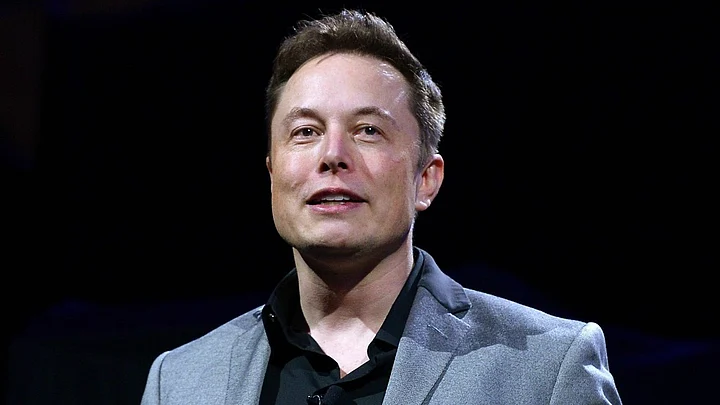After opening a new showroom in Urumqi, the capital of Xinjiang Uygur Autonomous Region (XUAR), Elon Musk's Tesla is facing intense criticism for prioritising business interests over human rights, Reuters reported.
Tesla had announced the opening with a post on Weibo (China's biggest microblogging website) on 31 December 2021, stating that "on the last day of 2021, we meet in Xinjiang."
"In 2022, let us together launch Xinjiang on its electric journey!"
The Weibo post also consisted of photos of the opening, including those of people holding "Tesla [heart] Xinjiang" placards.
Xinjiang however, is a region that has witnessed a decade-long, systematic anti-Uyghur campaign by the Chinese Communist Party.
The Council on American-Islamic Relations demanded the immediate closure of the showroom.
"No American corporation should be doing business in a region that is the focal point of a campaign of genocide targeting a religious and ethnic minority," said Ibrahim Hooper, the council's national communications director.
Beijing has detained more than a million Muslims, including the Uyghurs, the Kazakhs, and other Muslim minorities in the province, claiming that they are being kept in re-education camps.
Xi Jinping has justified this policy by arguing that "re-education" is necessary to eradicate Islamic extremism and terrorism, which he considers a threat to China's national security.
The United States recently slammed sanctions against China over its continuing human rights abuses in Xinjiang.
In December last year, US President Joe Biden signed into law the "Uyghur Forced Labor Prevention Act," which prohibited imports from Xinjiang due to concerns over forced labor in the name of "re-education."
(With inputs from Reuters.)
(At The Quint, we question everything. Play an active role in shaping our journalism by becoming a member today.)
